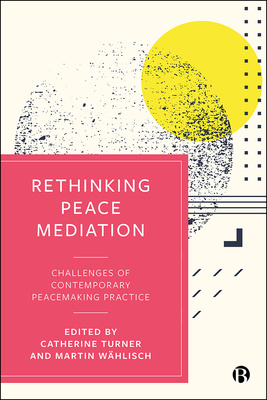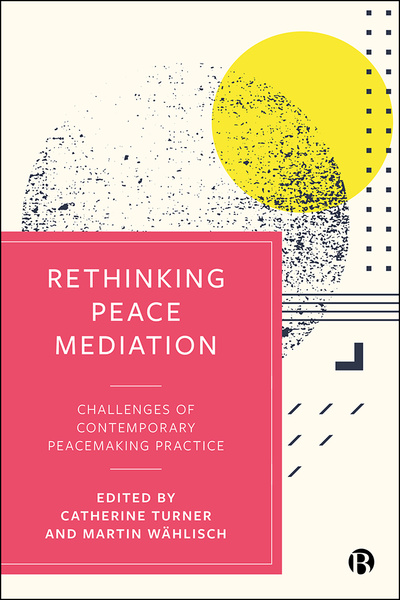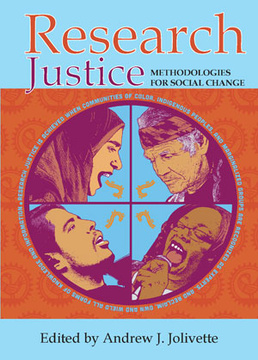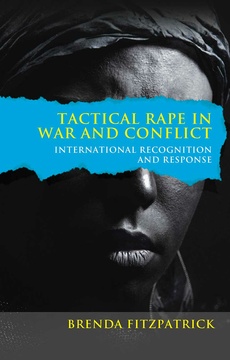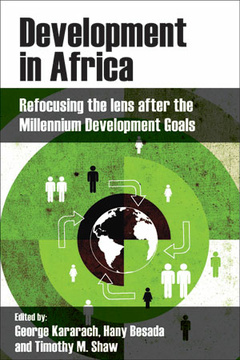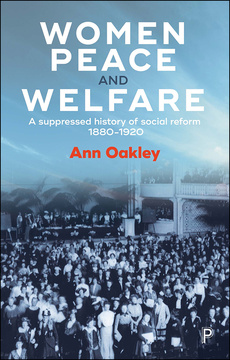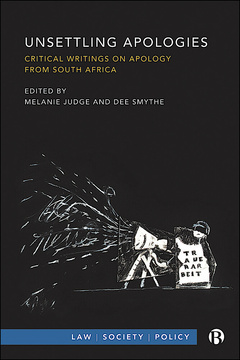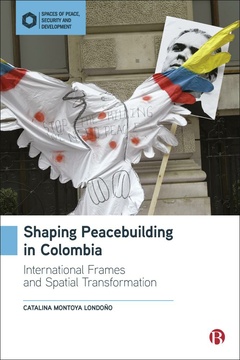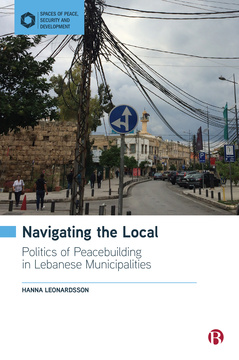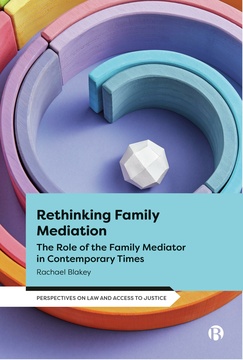Rethinking Peace Mediation
Challenges of Contemporary Peacemaking Practice
Edited by Catherine Turner and Martin Wählisch
Published
Jan 11, 2021Page count
400 pagesISBN
978-1529208191Dimensions
234 x 156 mmImprint
Bristol University PressPublished
Jan 11, 2021Page count
400 pagesISBN
978-1529208214Imprint
Bristol University PressPublished
Jan 11, 2021Page count
400 pagesISBN
978-1529208214Imprint
Bristol University PressIn the Media
On our blog: 'Tools of recovery for a more equal and inclusive world'
Written by international practitioners and scholars, this pioneering work offers important insights into peace mediation practice today and the role of third parties in the resolution of armed conflicts.
The authors reveal how peace mediation has developed into a complex arena and how multifaceted assistance has become an indispensable part of it. Offering unique reflections on the new frameworks set out by the UN, they look at the challenges and opportunities of third-party involvement.
With its policy focus and real-world examples from across the globe, this is essential reading for researchers of peace and conflict studies, and a go-to reference point for advisors involved in peace processes.
"To resolve protracted violent conflicts, peace mediation is a very promising approach. This book sheds light on the nexus between mediation practice and its conceptual underpinnings. As a resource, it is a must-read for both practitioners and experts." Hans-Joachim Giessmann, Berghof Foundation
“This book leads the way in expanding how we construct important elements in peacemaking. It extends current thinking outwards, and introduces new stakeholders, rethought norms, and new forms of ‘circum-mediatory’ engagement. A good collection to get us thinking." I. William Zartman, Johns Hopkins University
Catherine Turner is Associate Professor of International Law at Durham University.
Martin Wählisch leads the Innovation Cell in the Policy and Mediation Division in the Department of Political and Peacebuilding Affairs of the United Nations (UN DPPA).
Rethinking Peace Mediation: Trends and Challenges ~ Catherine Turner and Martin Wählisch
Part 1 ~ Normative Influences on Mediation
Promoting Professionalism: A Normative Framework for Peace Mediation ~ Philipp Kastner
Norm Diffusion in International Peace Mediation ~ Siniša Vuković
The Emulation of Peace Mediation Practices: Beware of the Jurisgenerative Train ~ Emmanuel De Groof
Cowboys or Mavericks?: The Normative Agency of NGO Mediators ~ Julia Palmiano Federer
The Challenges of Legalised Peacemaking: The Case of the 2012–16 Peace Negotiations in Colombia ~ Asli Ozcelik
Part 2 ~ Inclusion in Theory and Practice
Inclusion of Whom? And for What Purpose?: Strategies of Inclusion in Peacemaking ~ Andreas Hirblinger and Dana Landau
Rethinking Mediation During Contested Regime Transformation and Episodes of Mobilization ~ Elisa Tarnaala
From Normative to Social Approaches to Inclusion: Supporting Multi-scalar Peace Process Design ~ Emma Van Santen
The Business of Peace and the Politics of Inclusion: The Role of Local Business Leaders in Yemen (2011-2016) ~ Josie Lianne Kaye
Mediating Across Worldviews ~ Jeff Seul
Part 3 ~ Strategies of Engagement
Mediating Multi-lateral Proxy Conflicts ~ Francis Ward
Towards a More Integrated Approach?: Co-operation Among the UN, AU, and IGAD in Mediation Support ~ Jamie Pring
Women’s Mediator Networks: Reflections on an Emerging Global Trend ~ Irene Fellin and Catherine Turner
Technology and Peace Mediation: A Shift in the Mediator’s Profession? ~ Miguel Varela
The Nexus of Peace Mediation and Constitution Making: The Case for Stronger Interaction and Collaboration ~ Mir Mubashir, Julian Klauke and Luxshi Vimalarajah
Rethinking the Professionalisation of Peace Mediation ~ Lars Kirchhoff and Anne Isabel Kraus







